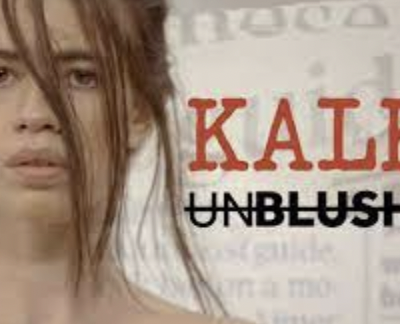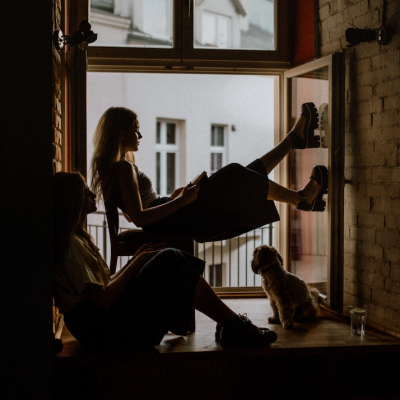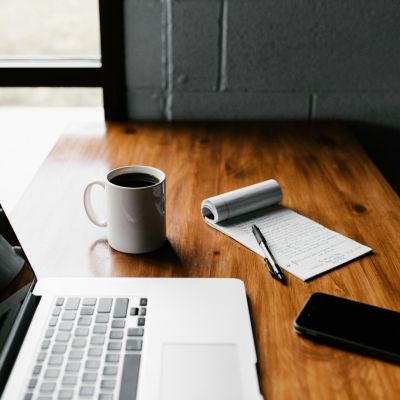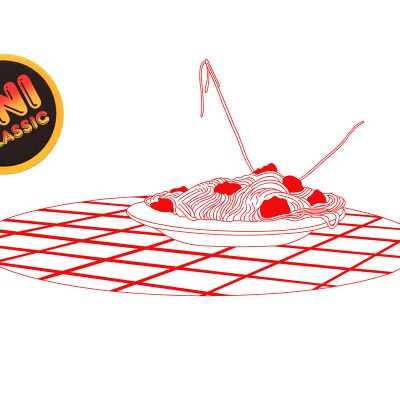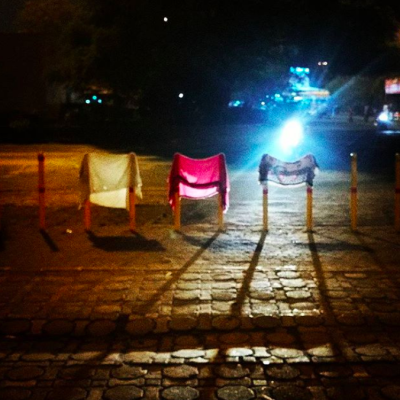Safety
यहाँ लड़कियों के लिए सेक्स करना सामजिक रूप से बहिष्कृत हो जाने जैसा अनैतिक काम है या कहिये कि यह गैर-कानूनी ही है, हालांकि कानूनन इसे गैर-कानूनी घोषित नहीं किया गया है।
आज मुझे लड़कियों के अपने हॉस्टल से निकले हुए तीन वर्ष हो चुके हैं, और मुझे लगता है कि हॉस्टल जीवन में मिली सभी सीखें आज भी मेरे यौनिक जीवन को सही दिशा देने में कारगर साबित हो रही हैं।
Many among us are called names, are greeted with aggressive taunts and jeers on the very streets we boldly occupy at least once every year,so we go on living docilely until the next Pride, when performative reclamation of spaces becomes possible.
It took me some time to realise how important being vulnerable or, for that matter, being vulnerable during sexual engagement was for me to have great sex and how empowering it is for my sexuality. After much thought, I decided to open up to my partner about my past experiences and other things I never used to openly talk about.
What vindicates the argument that women with disabilities (WWDs) should be deprived of sexual and reproductive healthcare and rights is scary. Harmful stereotypes of WWDs include the belief that they are hypersexual, incapable, irrational and lacking control. These narratives are then often used to build other perceptions such as that WWDs are inherently vulnerable and should be ‘protected from sexual attack’.
Sharp and evocative, Kalki Koechlin’s spoken-word poem The Printing Machine lays bare the cycle of ceaseless and desensitised consumption engendered by the media. Kalki’s short and hard-hitting sentences, keys tap-tap-tapping, and the chrrs and grrs of printing machines bring out the urgency and sensationalism media narratives embody, turning incidents of violence into a stream of headlines that make us gasp and forget, gasp and forget.
Dr. Lindsey Doe debunks myths around disability and sexuality, at once carving out space for affirming and inclusive discussions and challenging negative and harmful stereotypes. Emphasising the sexuality of people with disabilities as rich and diverse, Lindsey wonders what inclusive sexual and reproductive health and rights really mean.
Shilpa Phadke reminds us that we have the right to choose to take risks and the responsibility to respect difference so that we can re-imagine public spaces, feel a sense of belongingness in them, and have them belong to everyone.
Though most of us shy away from opening ourselves to be vulnerable, there is great power in expressing our vulnerabilities to the people closest to us, whether a friend or an intimate partner.
LGBTIQA+ young people should feel safe and empowered in everyday physical spaces, and many do – often with support from a wider community of peers who share similar experiences. But until the world becomes more friendly for queer and gender diverse people, we expect they’ll continue to find safety, community, identity, and friendship on Tumblr.
“Be yourself, Sarah. Awkward smiles, empty silences, weird laughter, and all. It’s just a part of being human. Loving someone physically is never not awkward. Even if it’s a monogamous relationship. It’s only the comfort of familiarity that makes you think otherwise.”
Moving from the broader implications of the digital workspace it is essential to discuss specifically how these platforms influence the exploration of sexual identity.
Both rejections and affirmations of the couple are skewered on this doubleness: It is the fullest expression of love and proximity available to us, and it bears all the insufficiencies of present social relations. Monogamous romantic commitment, like infallible lifelong attraction to only men or only women, is surely a minority tendency expediently elevated to a general social principle.
I gave myself the freedom to choose. And I chose to re-examine my assumptions. Maybe it was possible to ask strange men for directions without being afraid of seeming vulnerable. Maybe I could plan my outfit without bothering about the fact that I would be travelling on public transport.







